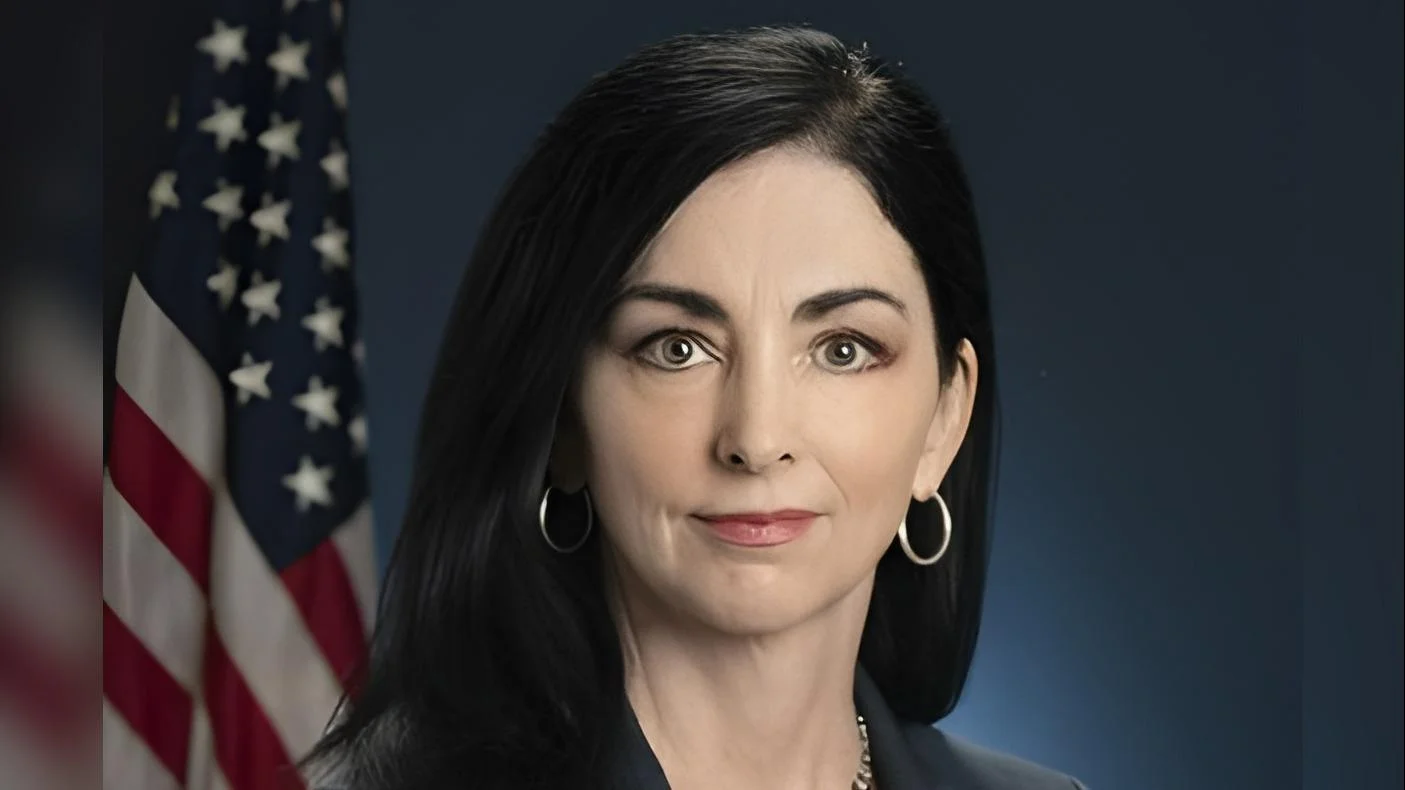Two men have been sentenced to federal prison for distributing fentanyl that led to the overdose death of a 17-year-old boy, according to an announcement from Acting United States Attorney for the Northern District of Texas Nancy E. Larson.
Tecose Dchaz Martin, 38, from Mesquite, Texas, received a sentence of 360 months in federal prison after pleading guilty in July 2025 to distributing fentanyl resulting in death. Martin has a history of drug-related felony convictions. Connor Miller, 22, from Richardson, Texas, also pleaded guilty in May 2025 to aiding and abetting the distribution of fentanyl leading to the teenager’s death and was sentenced to 151 months in federal prison. Both sentences were handed down by Senior United States District Judge David C. Godbey.
Court documents state that on January 30, 2024, Miller contacted Jesse Medina (also known as “Plug”) to purchase fentanyl. Medina sold four pills for $40 to Miller and the teenager at a location on Harry Hines Boulevard in Dallas. After returning to Miller’s residence and using the pills together, the teenager died from fentanyl ingestion. Medical records confirmed that the cause of death was directly linked to ingesting fentanyl.
Investigators used electronic evidence to trace the source of the pills sold by Medina back to Tecose Dchaz Martin, who is also known as “Blues Man.” Evidence presented during court proceedings included a message Martin sent stating: “We can get rich off blues [fentanyl pills],” shortly after sharing a news story link with another individual.
Further information revealed that Martin purchased large quantities of fentanyl pills—up to 1,000 at a time—for $1.50–$1.60 per pill and resold them for $2–$5 each through lower-level dealers like Medina. Martin admitted he preferred selling larger quantities because he believed there was “more chance of somebody O.D.’ing [overdosing]” when buyers purchased several pills at once.
At his arrest, law enforcement found 88 fentanyl pills on Martin and another 805 at his apartment along with two firearms. Records show Martin had previously been convicted for manufacturing or delivering controlled substances within a drug-free zone and was on parole during these offenses.
“Lengthy prison sentences are one step in our continuing fight against the deadly consequences of fentanyl trafficking,” said Acting U.S. Attorney Nancy E. Larson. “Every trafficker removed from the drug trade is a victory for our community. I commend the tireless work of our law enforcement partners in this investigation, which enabled my office to bring these defendants to justice. Our efforts won’t stop until the flood of deadly drugs into our community stops.”
“Fentanyl is the single deadliest drug threat our nation has ever encountered,” said Joseph B. Tucker, Special Agent in Charge of the DEA Dallas Field Division. “The sentences handed down to Mr. Miller and Mr. Martin is a clear message the production and trafficking of fentanyl will not be tolerated in our neighborhoods. DEA and all our law enforcement partners, such as the Richardson Police Department and the United States Attorney’s Office in the Northern District of Texas, will continue to work together to keep this poison off our streets.”
“This sentencing sends a strong and necessary message to those who peddle poison in our communities: actions that result in the loss of life will be met with the full force of justice,” said Richardson Police First Assistant Chief Michael Bussiere. “We are proud to have worked alongside our federal, state, and local partners in bringing this case to a just conclusion. While no sentence can undo the heartbreak suffered by the victim’s family, we hope this outcome provides some measure of accountability and peace.”
The investigation involved multiple agencies including the Drug Enforcement Administration’s Dallas Field Division; Richardson Police Department; Hickory Creek Police Department; Dallas Police Department; Dallas County District Attorney’s Office; Mesquite Police Department; Internal Revenue Service Criminal Investigations Section; with special assistance from FBI’s Cellular Analysis Survey Team. The case was prosecuted by Assistant United States Attorney George Leal.





